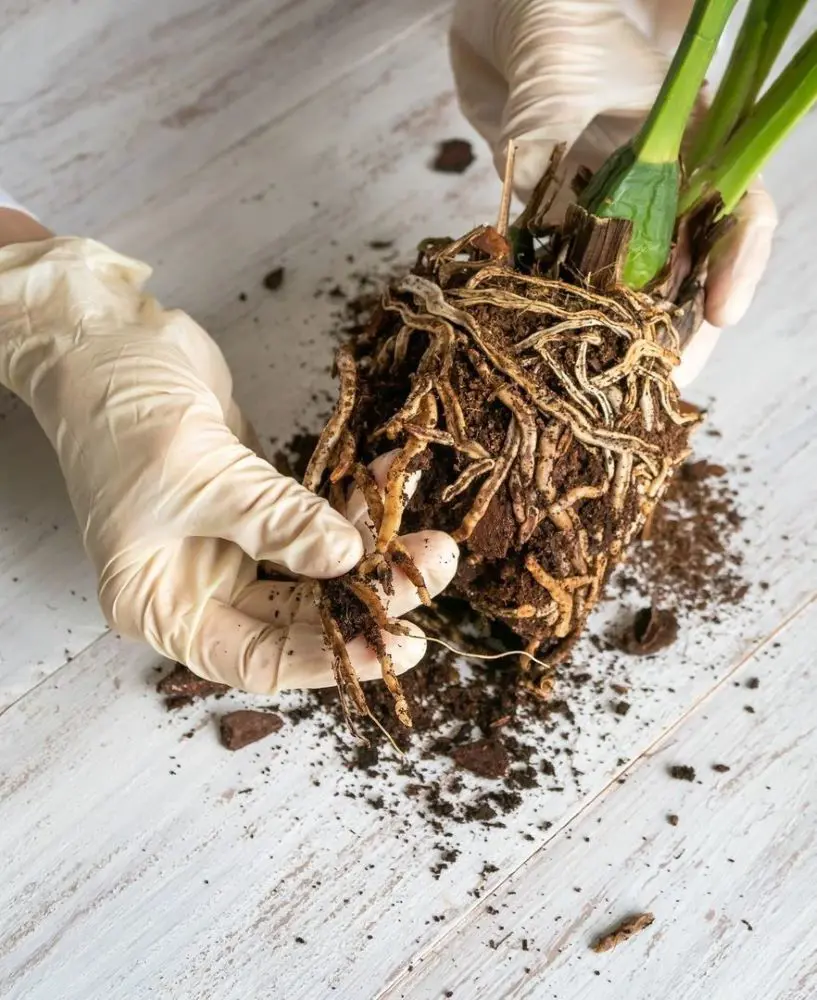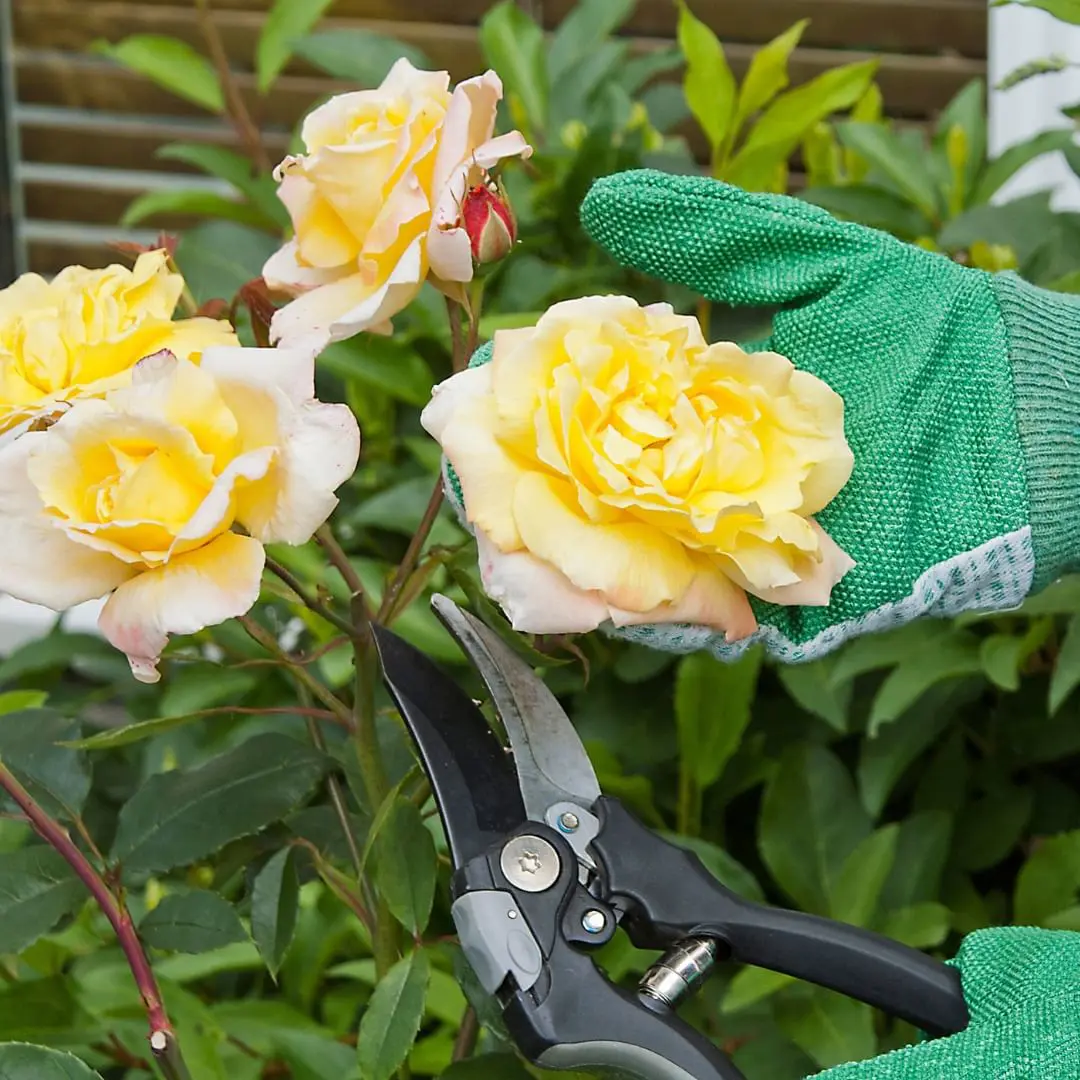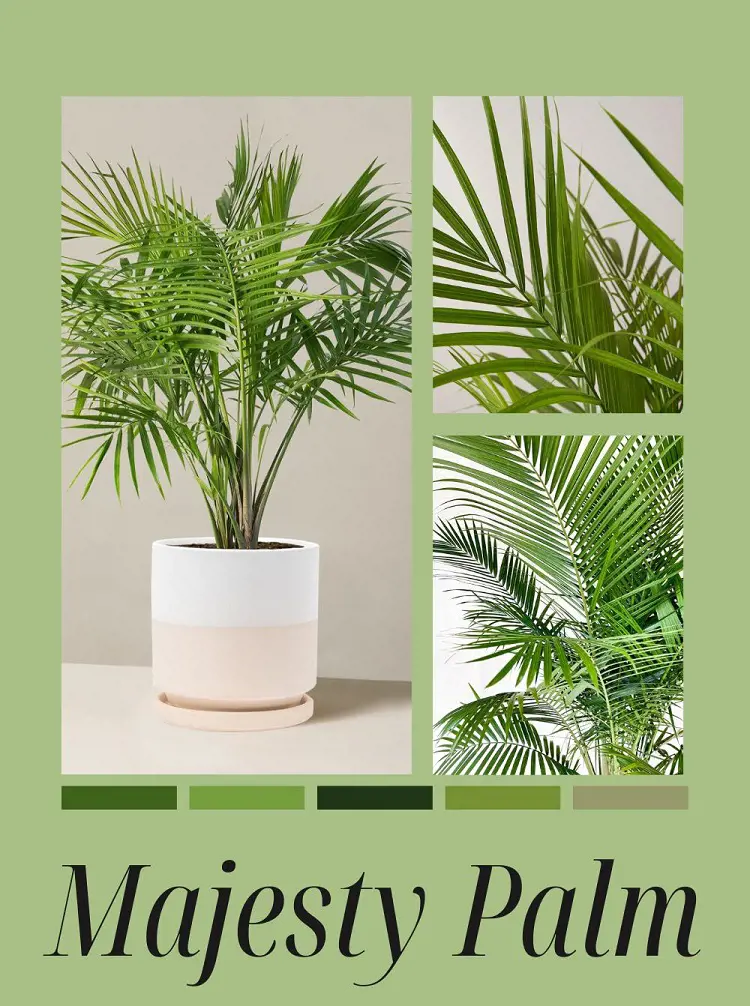What Plants Repel Mosquitoes And Bugs
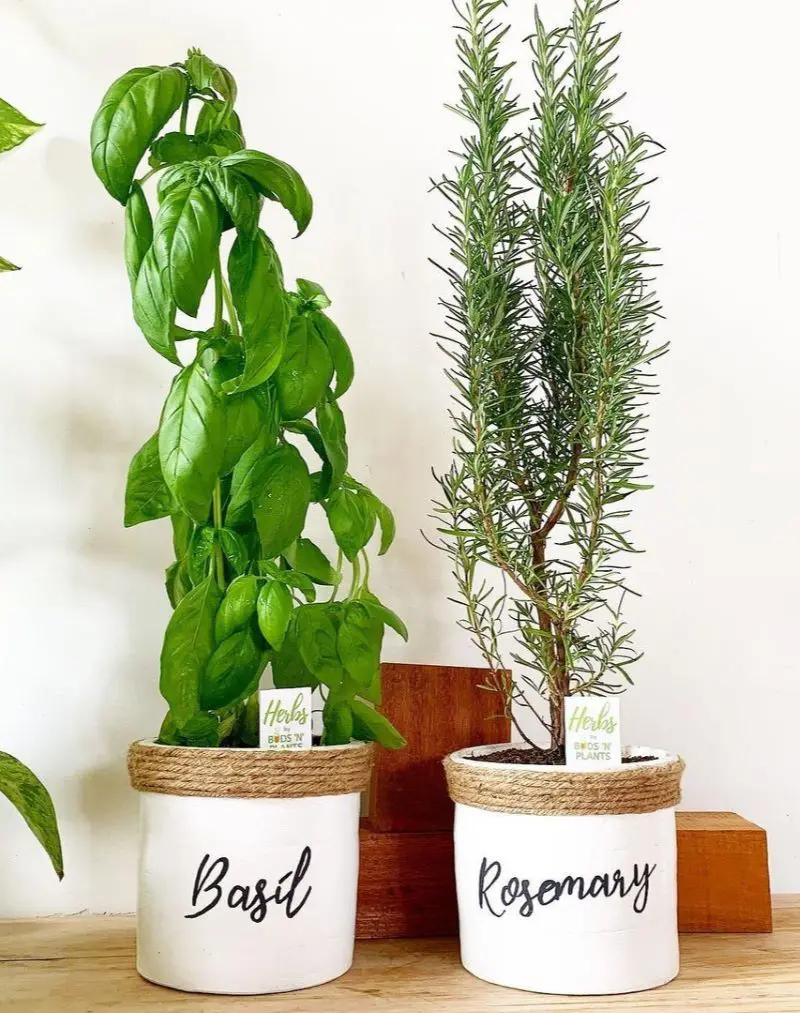
This post may contain affiliate links. If you make a purchase through links on our site, we may earn a commission.
For centuries, plants have been used for medicinal and therapeutic purposes. But, did you know that some plants can also repel mosquitoes and other pesky bugs?
Growing plants like Marigold and Rosemary around your garden or even indoors can help keep mosquitoes away without the use of harmful chemicals. The fragrant oils and compounds found in these plants act as natural insect repellents, making them a safe and effective alternative to traditional bug sprays.
Lavender
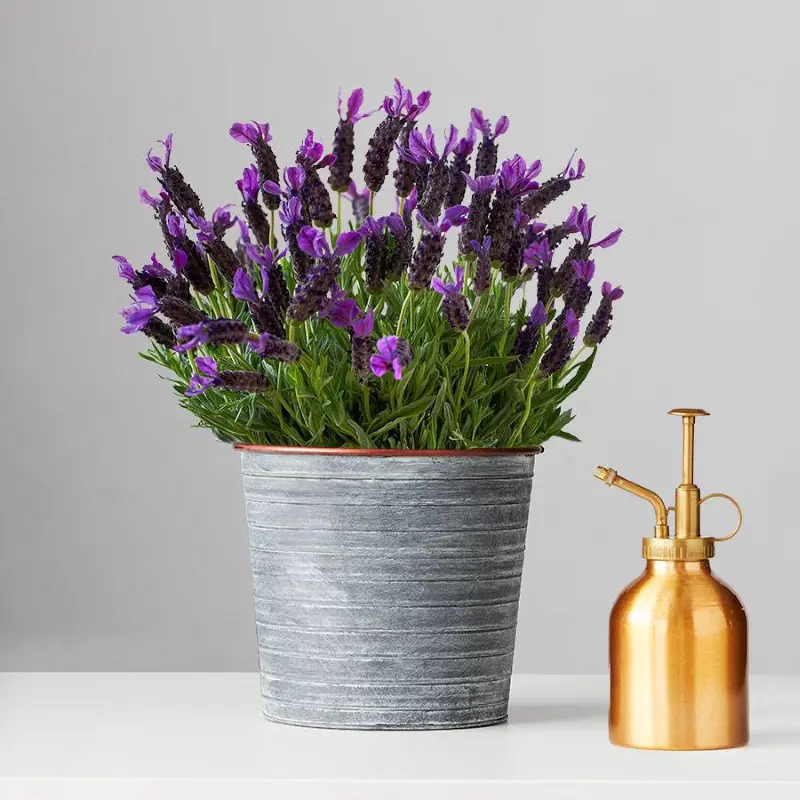
Lavender has a lovely scent that humans enjoy, but mosquitoes find it offensive. This plant spreads its soothing scent that smells like relaxation. So, plant this fragrant herb around your patio or seating areas for a peaceful mind. You can also keep it indoors by placing it near a sunny window and maintaining a consistent temperature range between 15-29°C.
If you find yourself outside without any bug spray, simply crush some lavender leaves and rub them on your skin for a quick fix. It won't last forever, but it should give you some relief from those buzzing biters.
- Scientific Name: Lavandula
- Plant Type: Perennial herb
- Zones: 5-11
- Bloom Time: Late spring to early summer
Citronella Grass
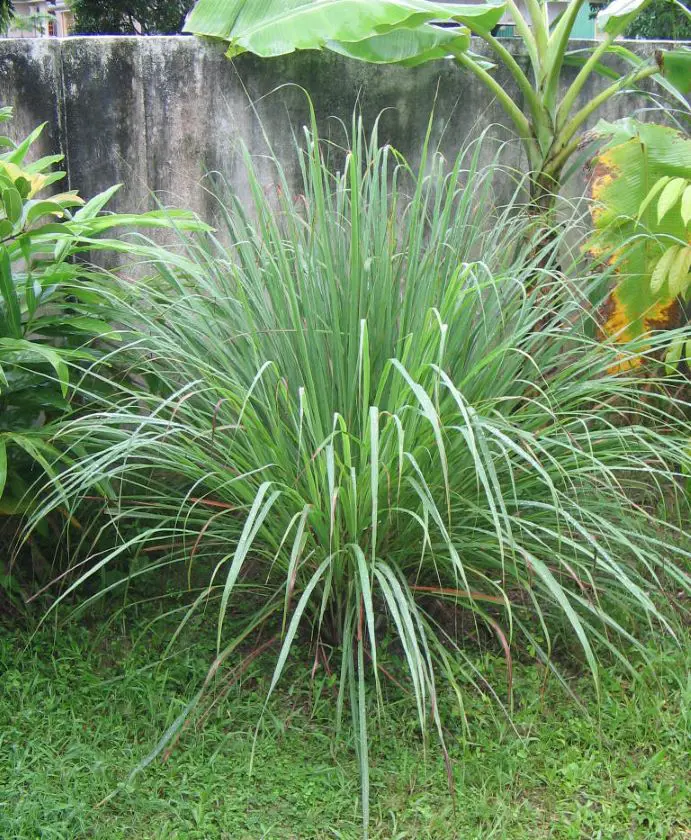
Citronella grass is the most popular mosquito-repellent plant, and for good reason. This grass has vibrant green leaves and emits a distinct citrusy scent reminiscent of lemon or lime. When you crush its leaves, it releases the oil that keeps mosquitoes and bugs away, making it a natural and effective deterrent for outdoor spaces.
Citronella prefers a hot and humid climate and grows well in moist, loamy soil, requiring plenty of sunlight to flourish. As a result, this plant is an excellent choice for gardens in warmer regions, where it can be grown in pots or directly in the ground.
- Scientific Name: Cymbopogon nardus
- Plant Type: Perennial
- Zones: 9-11
- Bloom Time: Summer to fall
Lemon Balm
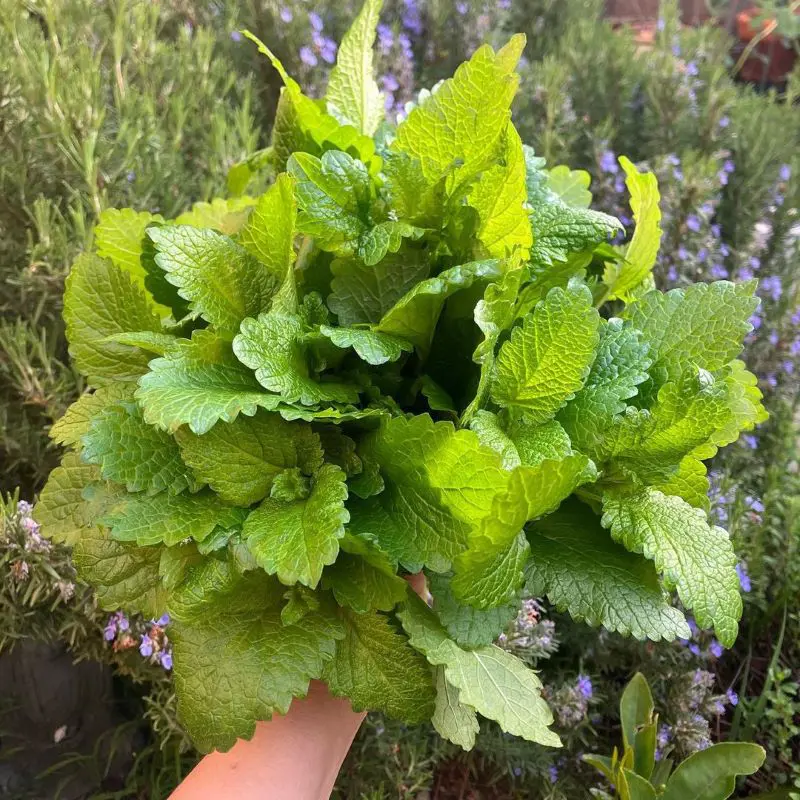
This member of the mint family has a citrusy scent that repels mosquitoes, flies, and other insects. The lemon balm prefers to be planted in a location where it can receive at least 6 hours of sunlight every day. Under such conditions, it grows best and produces more fragrant leaves. If you are growing it indoors, place it near a south-facing window.
Besides insect repellent, you can make a fragrant and soothing tea from lemon balm leaves, which is known for its calming properties and pleasant citrusy flavor. This tea is often enjoyed hot and is believed to promote relaxation and relieve stress.
- Scientific Name: Melissa officinalis
- Plant Type: Perennial herb
- Zones: 4-9
- Bloom Time: Summer
Marigolds
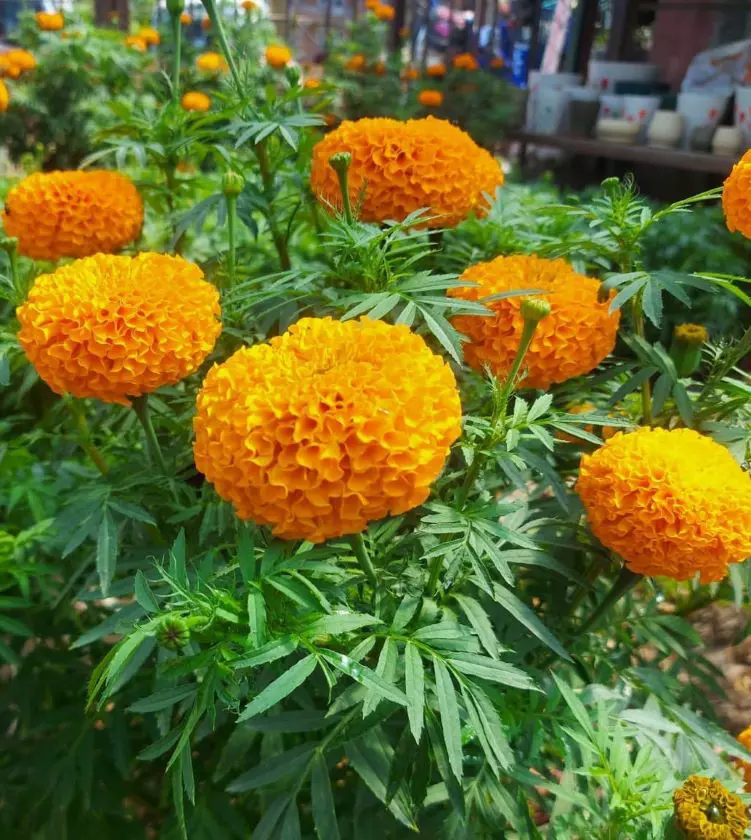
These cheerful flowers not only add beauty to your garden but also repel mosquitoes and other pests. Marigolds contain a natural insecticide called pyrethrum, which acts as a deterrent against various pests such as mosquitoes, aphids, and flying bugs. So, grow them around your yard and flower beds to keep those bugs at bay.
Remember to water your marigolds just enough and ensure the air around them is somewhat humid. Provide at least an inch of water per week and maintain soil adequately moist. You may also feed a balanced fertilizer in early spring; this helps them produce more blooms.
- Scientific Name: Tagetes spp.
- Plant Type: Annual
- Zones: 5-11
- Bloom Time: Late spring to first frost
Catnip
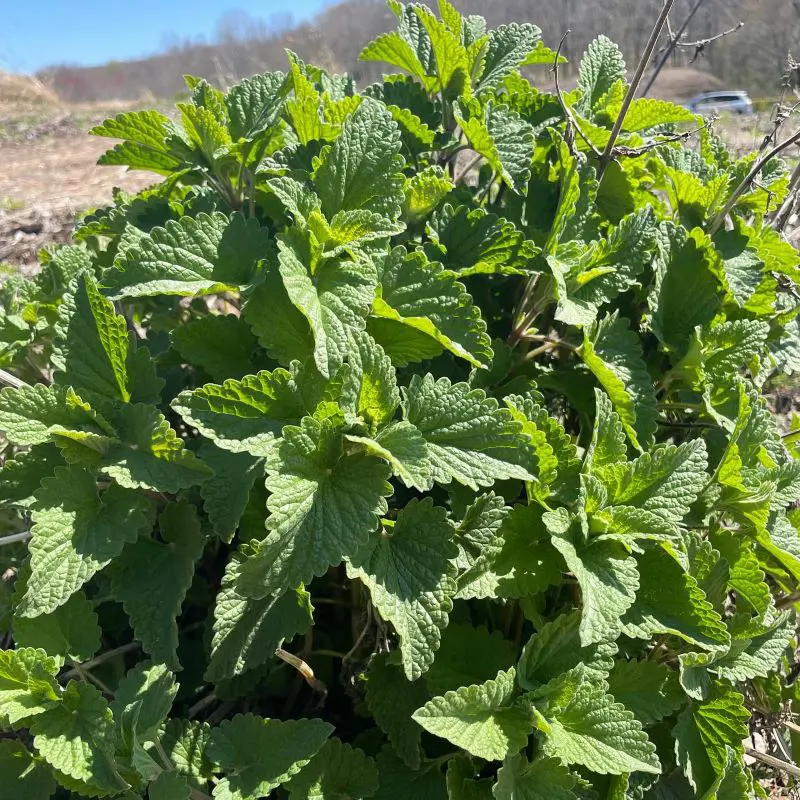
Catnip is a member of the mint family, characterized by its fragrant, heart-shaped leaves and clusters of small white and purple flowers. Its leaves also have a distinctive green color and possess a compound called nepetalactone. When released into the air, this compound repels mosquitoes and other pests, helping to create a bug-free environment.
To make the most of catnip, you can grow it in various places like borders, beds, or even containers. Just ensure you use sandy or loamy soils by adding organic matter like compost and perlite. This helps create a loose, airy texture that allows excess water to drain away efficiently.
- Scientific Name: Nepeta cataria
- Plant Type: Herbaceous perennial
- Zones: 3-9
- Bloom Time: Late spring to early summer
Rosemary
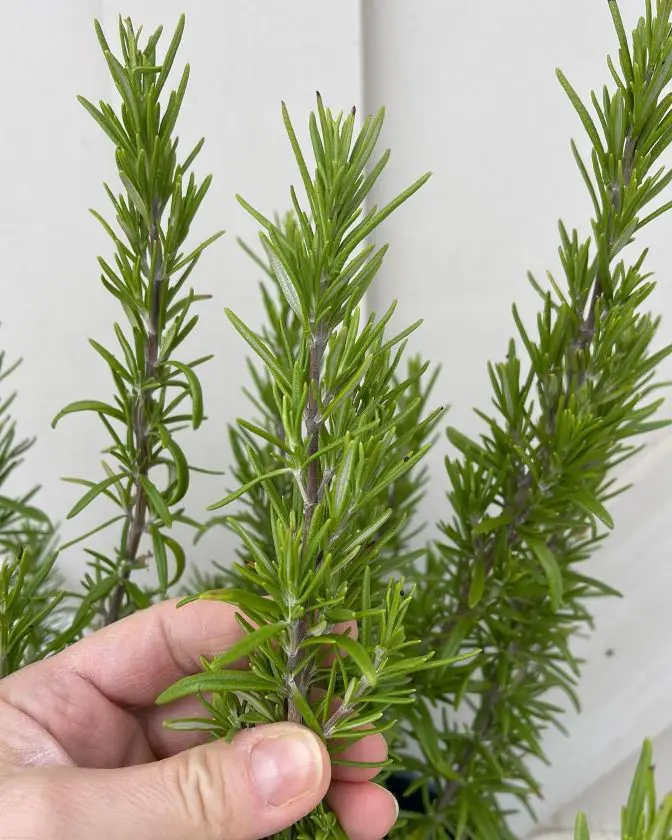
Rosemary thrives in warm, sunny climates, particularly in regions like the Mediterranean. As a woody, perennial herb, it features fragrant needle-like leaves and delicate, bluish flowers. These flowers emit an enchanting aroma that serves as a potent repellent against various pests and bugs.
In addition to its culinary uses, rosemary is also valued for its health benefits. When used in cooking, this plant imparts a distinct flavor to a variety of dishes, including roasted meats, vegetables, soups, and sauces. Its oil is particularly well-suited for marinades and salad dressings.
- Scientific Name: Rosmarinus officinalis
- Plant Type: Perennial herb
- Zones: 7-10
- Bloom Time: Spring to early summer
Basil
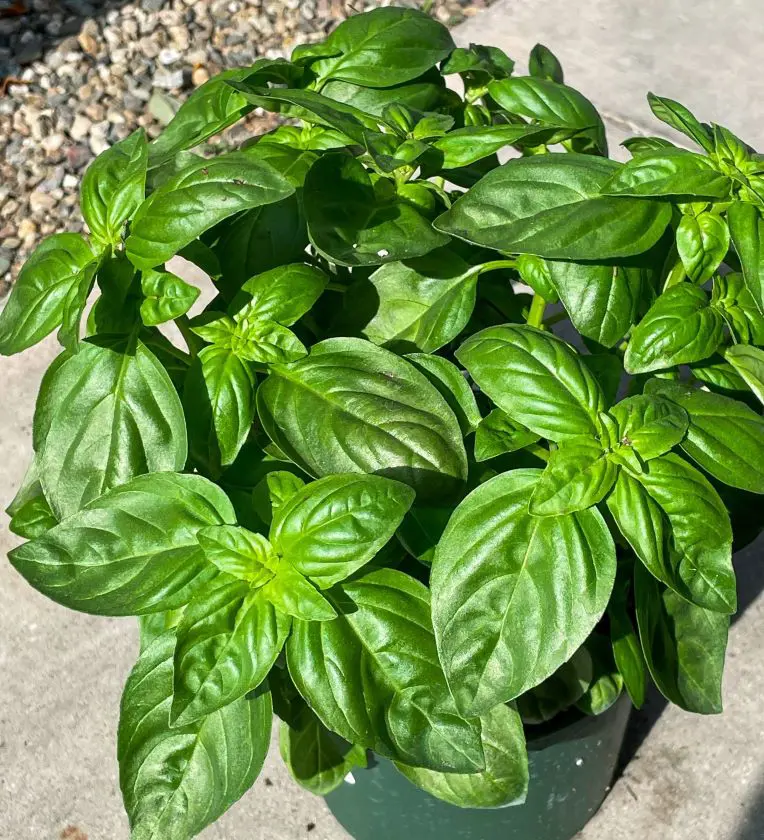
Basil is a versatile culinary herb known for its sweet, peppery aroma that keeps pesky mosquitoes, flies, and gnats at bay. It's easy to grow and can be planted in borders, raised beds, or even containers. This herb thrives in warm, sunny conditions, requiring at least 8 hours of direct sunlight daily.
The plant has fragrant leaves with vibrant green hues and a slightly glossy texture, which serve multiple purposes. Some people use it as a culinary spice, while others utilize it for its medicinal properties. Its leaves contain essential oils with anti-inflammatory and antioxidant properties, often employed in making herbal tea.
- Scientific Name: Ocimum basilicum
- Plant Type: Annual
- Zones: 2-11
- Bloom Time: Summer
Peppermint
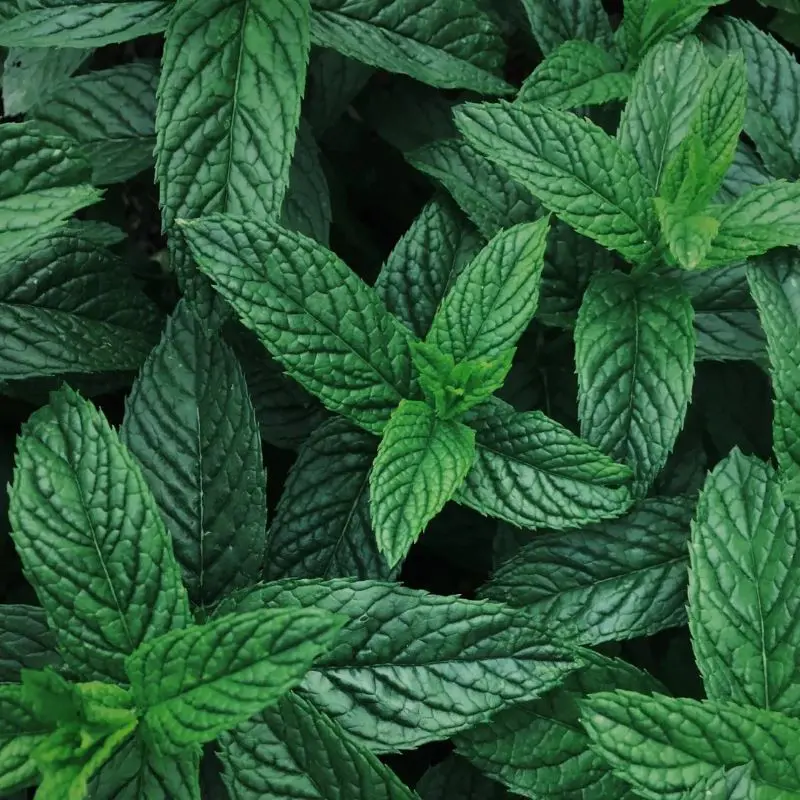
Peppermint is an effective natural insect repellent due to its high concentration of menthol and other aromatic compounds. These compounds produce a strong scent that deters many pests, including mosquitoes, ants, spiders, and even mice. To maximize its insect-repelling potential, grow it near home entry points like doors and windows, and around outdoor seating areas.
Peppermint thrives in moist soil and prefers partial to full sunlight. Since it is a bushy herb, regular pruning will help encourage new growth and maintain its potency as a bug repellent.
- Scientific Name: Mentha × piperita
- Plant Type: Perennial
- Zones: 3-8
- Bloom Time: Summer
Lemon Thyme
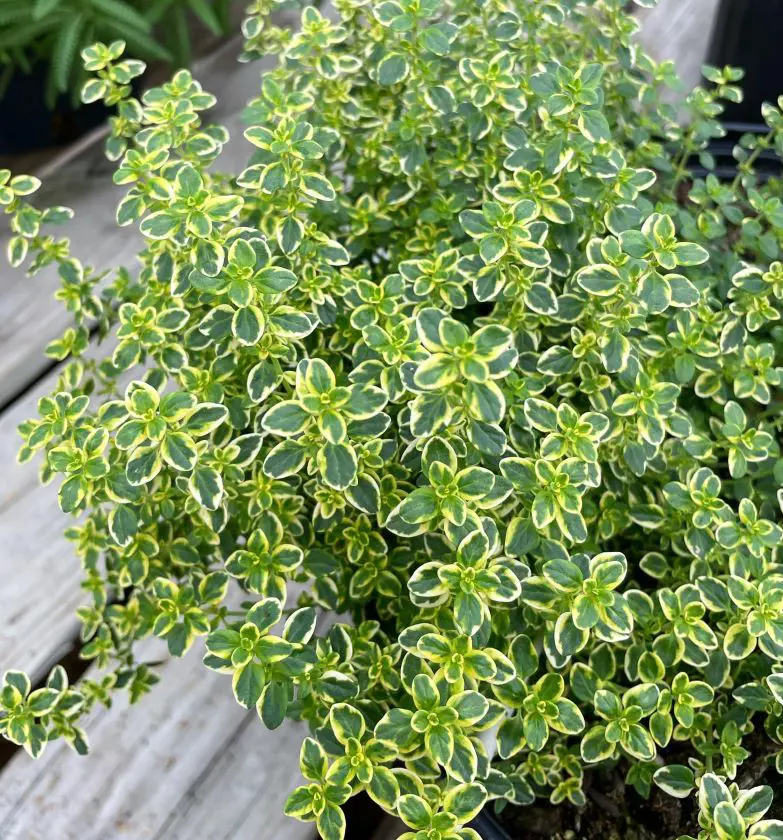
Lemon thyme is another type of herb known for its refreshing lemon-like fragrance, which naturally deters mosquitoes, flies, and gnats. This herb features small, delicate leaves that are green in color, often tinged with a hint of yellow. These leaves are not only pleasant to smell but also useful in various dishes such as salads, marinades, sauces, and soups.
Besides acting as a natural insect repellent, you can use these herbs to make tea. Just steep a few leaves in hot water for a soothing and aromatic beverage that offers a hint of citrus flavor, perfect for unwinding and relaxing on a peaceful afternoon.
- Scientific Name: Thymus citriodorus
- Plant Type: Perennial
- Zones: 5-9
- Bloom Time: Late spring to early summer
Venus Flytrap
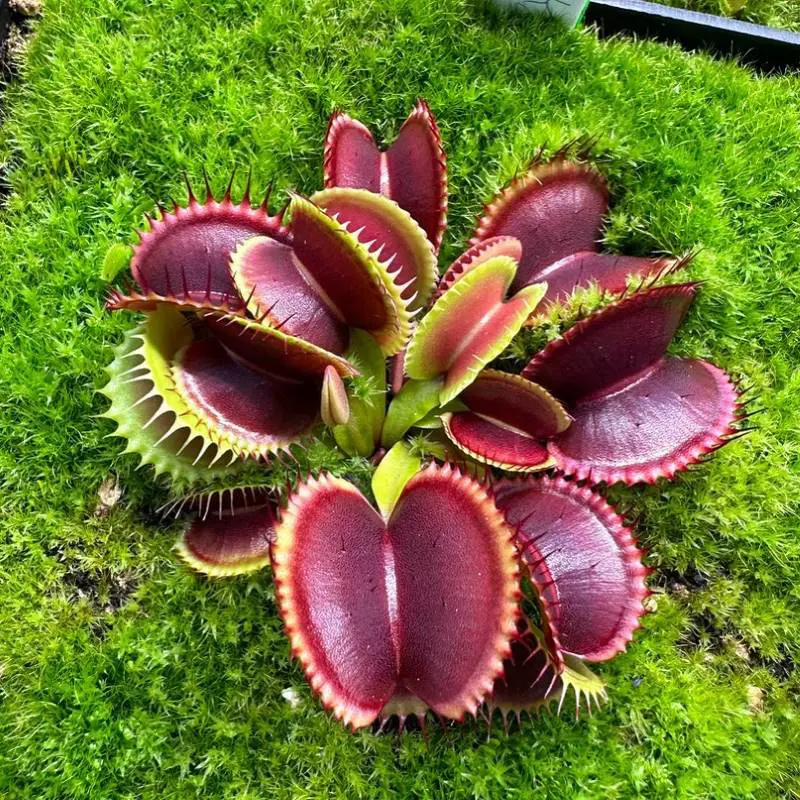
Venus flytraps may not be a mosquito repellent, but they sure do a great job controlling pesky flies in your garden. These cool carnivorous plants have leaves that can trap flies when they land on them. It's like a natural fly catcher. But be careful, these plants need special care to grow perfectly.
These plants like lots of sunlight and need to stay damp, so you will have to water them regularly with distilled or rainwater. Don't use tap water; it's loaded with minerals like chlorine and fluoride that can adversely affect these plants. Also, handle their traps delicately to prevent undue stress, as each closure requires their valuable energy.
- Scientific Name: Dionaea muscipula
- Plant Type: Perennial
- Zones: 8-11
- Bloom Time: Spring, summer
Mint
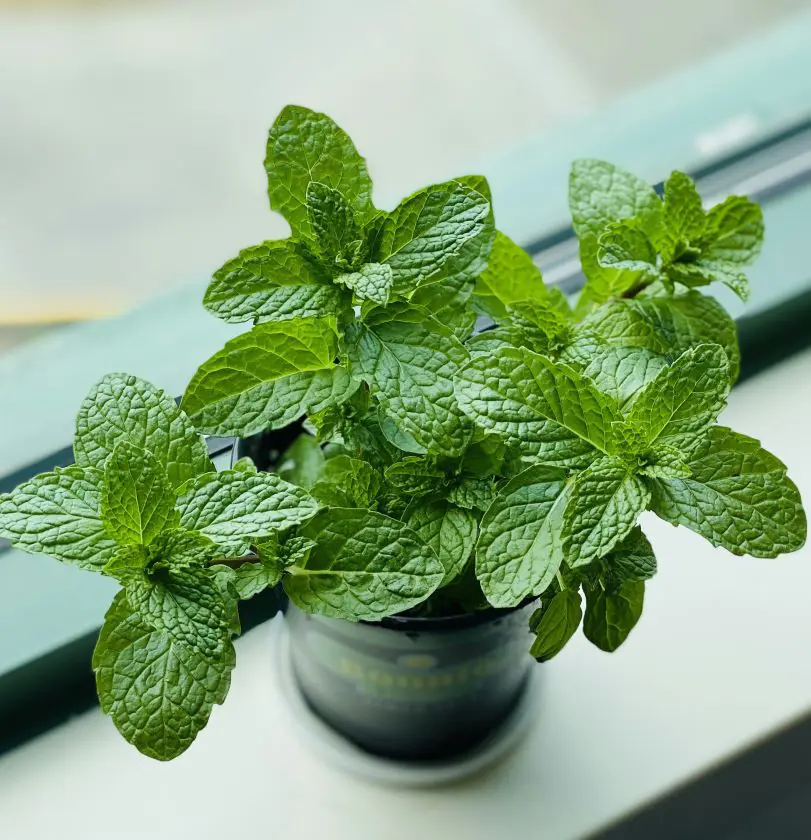
Mint is a fragrant herb with a refreshing taste that's commonly used in cooking. It has a cool and minty flavor, which adds a unique touch to any dish. Apart from culinary uses, mint is also valued for its medicinal properties. It can help with digestion, headaches, and congestion due to its natural oils, which have antimicrobial properties.
Interestingly, the strong scent of mint acts as a natural repellent for mosquitoes and flies. This makes it not only a flavorful herb but also a useful deterrent against annoying insects.
- Scientific Name: Mentha
- Plant Type: Perennial
- Zones: 3-11
- Bloom Time: Summer
Geranium
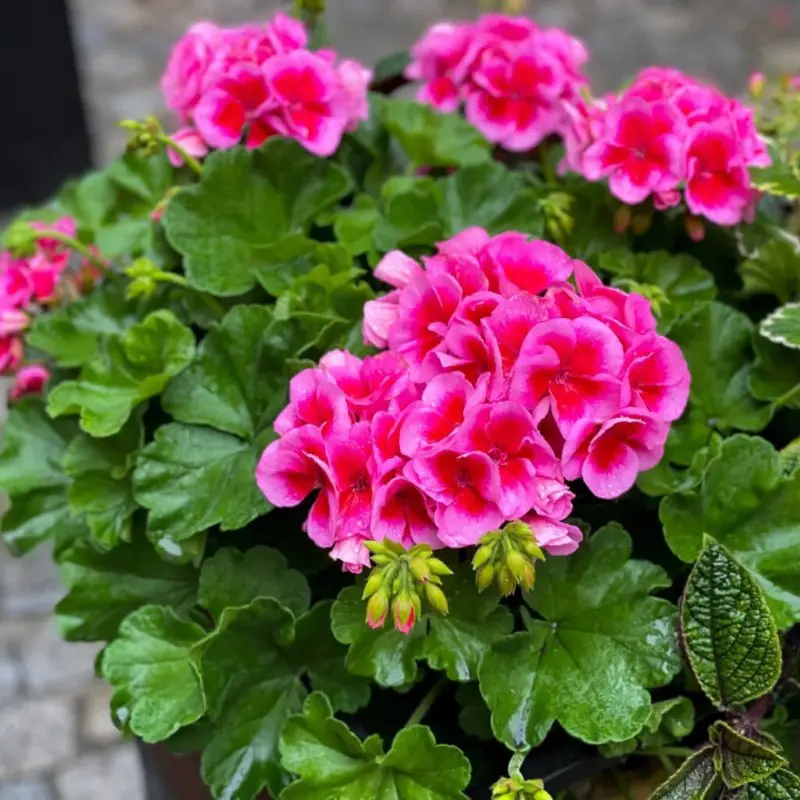
Another important addition to our list of plants that repel mosquitoes is Geranium. These plants come in lots of bright colors and give off a nice citrusy smell that mosquitoes don't like. Plant them in pots or hanging baskets close to patios and doorways to help keep those pesky bugs away.
To keep your geraniums blooming, give them some plant food during their growing season. Remove the old, dead flowers regularly. This helps the plant focus its energy on making new flowers instead of seeds. You can do this by pinching or cutting off the old flowers where they meet the stem.
- Scientific Name: Geranium
- Plant Type: Perennial
- Zones: 3-9
- Bloom Time: Spring through summer
Garlic Chives
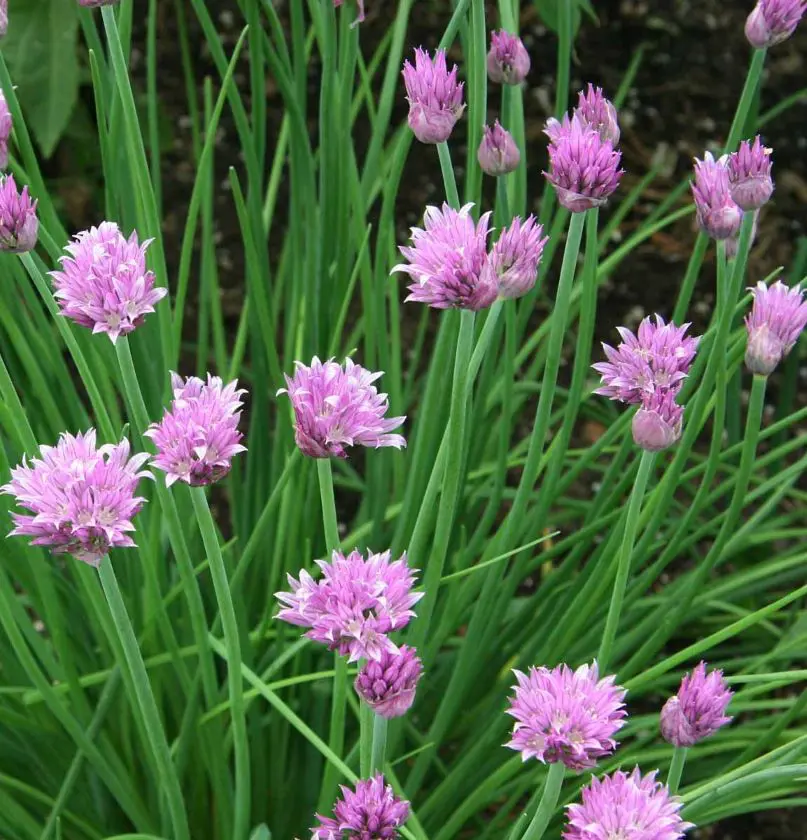
Garlic chives are excellent plants for your garden because they emit a strong garlic-like scent that repels mosquitoes, flies, and even aphids. These chives belong to the herbaceous perennial plant category, thriving in a variety of conditions.
Furthermore, you can incorporate these chives into your cooking to enhance the flavor of your dishes. Simply chop them up and sprinkle them on your meals for an extra tasty boost.
- Scientific Name: Allium tuberosum
- Plant Type: Perennial
- Zones: 3-9
- Bloom Time: Summer
Pennyroyal
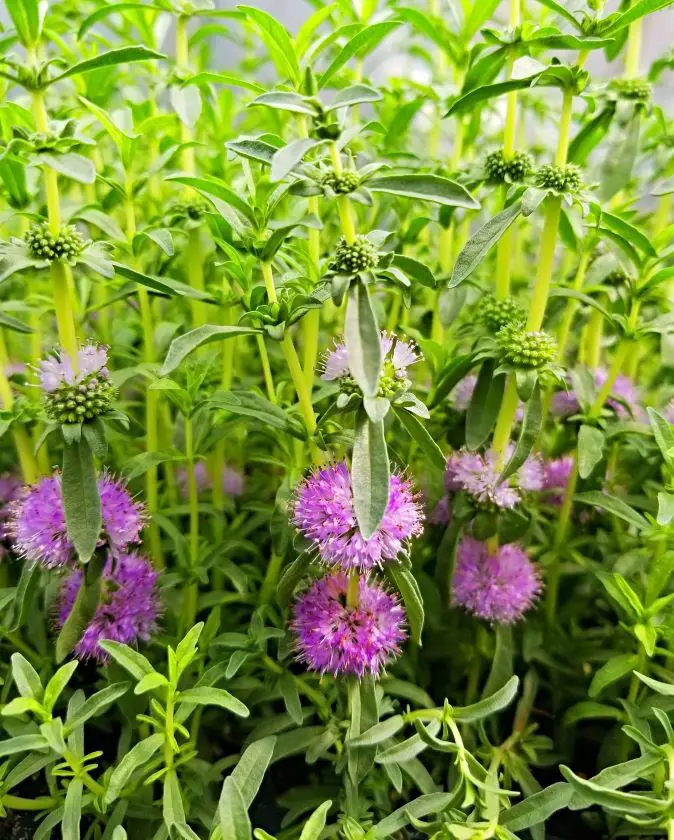
While pennyroyal has a pleasant mint-like scent, it's worth noting that it can be toxic if ingested in large quantities. Though it is technically considered an edible plant and has been historically used in many culinary applications, caution is necessary due to its content of pulegone. Pulegone can be toxic to the liver and nervous system.
You can grow pennyroyal indoors in pots by a sunny window or outside in your garden. Just remember to water it regularly and give it plenty of sunlight. Be mindful, though, because pennyroyal can spread quickly, so keep an eye on it and trim it back if it starts taking over.
- Scientific Name: Mentha pulegium
- Plant Type: Perennial
- Zones: 6-9
- Bloom Time: Summer
Torch Flower
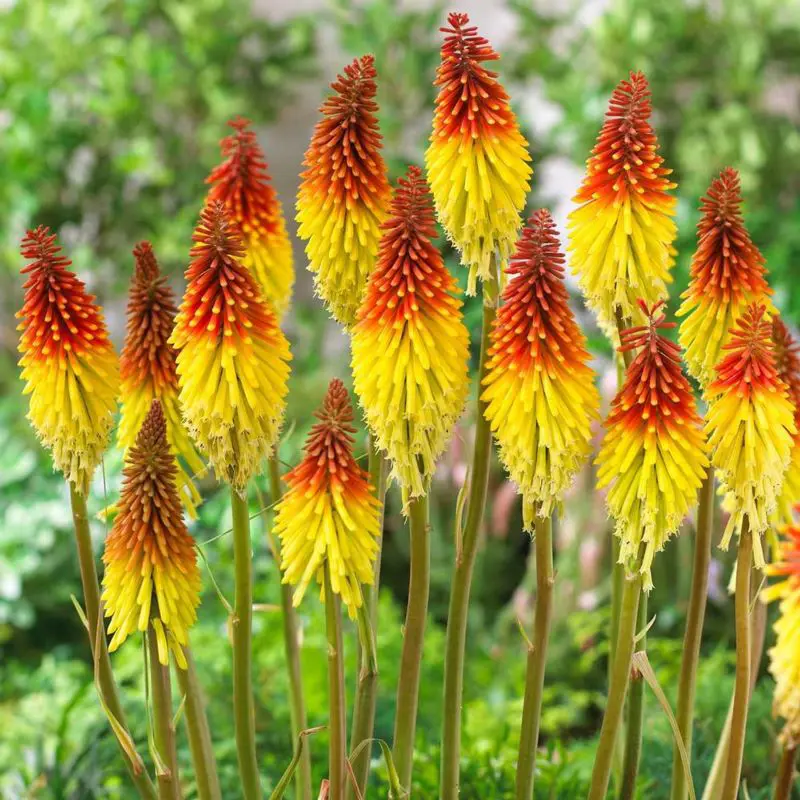
The Torch flower is a beautiful plant with bright orange and red flowers. Not only do these flowers enhance the beauty of your garden, but their sweet nectar-like smell also acts as a natural mosquito repellent. These flowers thrive in places with lots of sunlight and well-drained soil.
If you are wondering whether you can grow torch flowers in a container, the answer is yes! You just need a big enough pot with good drainage. Make sure to give them some food and water regularly, as the soil in a container tends to dry quickly. Even if you don't have a garden, you can still enjoy these lovely flowers and keep mosquitoes at a distance.
- Scientific Name: Tithonia rotundifolia
- Plant Type: Perennial
- Zones: 3-10
- Bloom Time: Summer
Sage
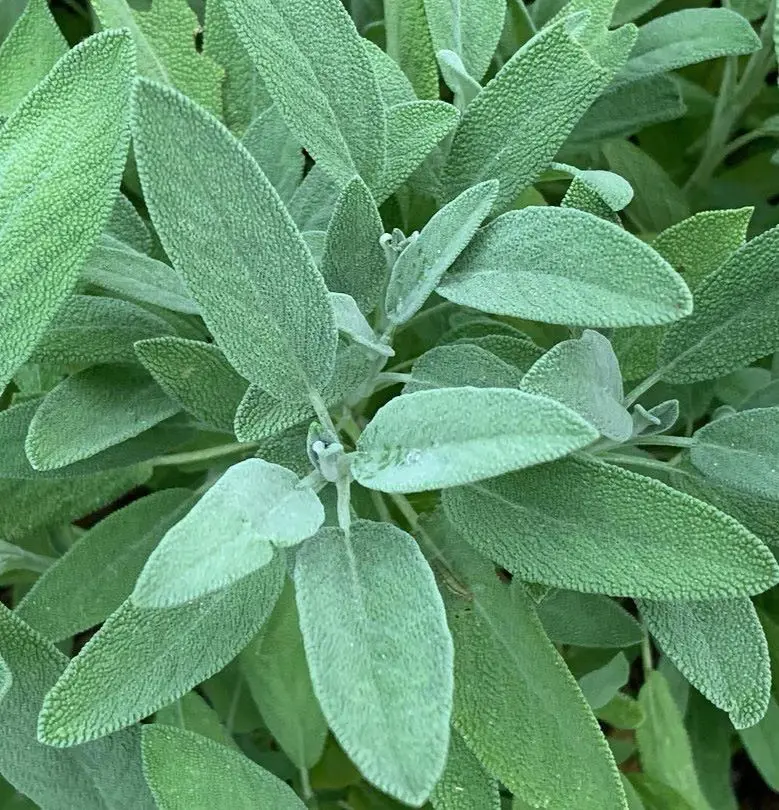
Sage, with its pungent, earthy aroma, lives for several years and returns year after year. This plant grows as a small bush with woody stems, reaching about 12 to 24 inches tall. Depending on the variety, sage can produce blue, purple, pink, or white flowers arranged in slender spikes.
In the garden, sage acts as a companion plant, repelling harmful pests and attracting beneficial insects like bees and butterflies. If you are seeking a chemical-free solution to ward off mosquitoes, simply crush sage leaves and rub them on your skin for a natural repellent.
- Scientific Name: Salvia officinalis
- Plant Type: Perennial
- Zones: 5-9
- Bloom Time: Late spring to early summer
Ageratum
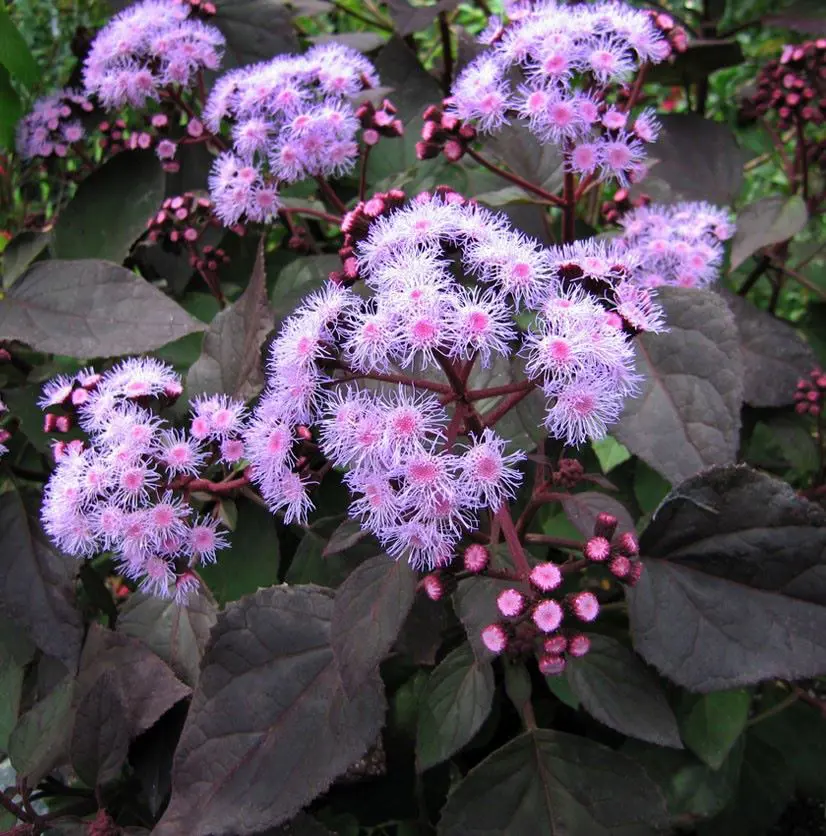
Ageratum, known for its vibrant blue, purple, or white blooms, releases a subtle citrusy fragrance that mosquitoes avoid. These flowers often bloom in clusters throughout the growing season, making them an excellent choice for outdoor areas like gardens and patios.
Moreover, ageratum can also thrive indoors as a houseplant. It requires moderate sunlight and regular watering to flourish. This plant has a slightly compact size, which makes it suitable for smaller spaces in any room.
- Scientific Name: Ageratum houstonianum
- Plant Type: Annual
- Zones: 2-11
- Bloom Time: Late spring
Dianthus
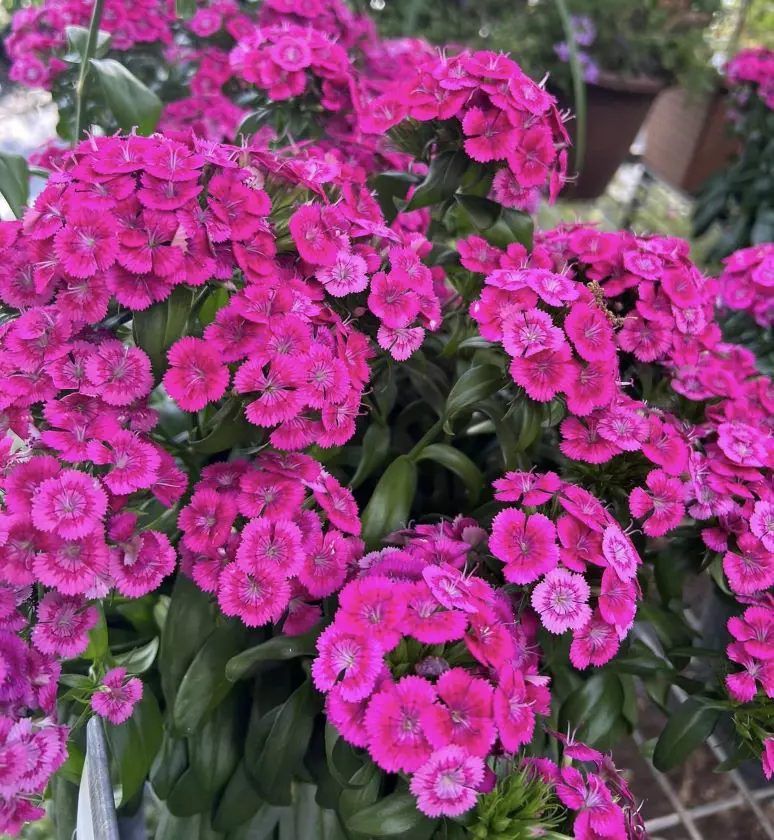
Dianthus, also known as pinks for their frilly petals, are charming flowers that come in lots of colors. They emit a lovely, spicy scent that mosquitoes find off-putting. Ideal for rock gardens or containers, these plants provide enduring blossoms and natural insect repellent.
To ensure continuous blooming, provide them with well-drained soil and ample sunlight. Also, the removal of spent flowers encourages new and healthy blooms. Regular watering is equally essential, especially during dry spells, but be cautious not to overwater as they dislike soggy conditions.
- Scientific Name: Dianthus
- Plant Type: Perennial
- Zones: 3-9
- Bloom Time: Spring
Lantana
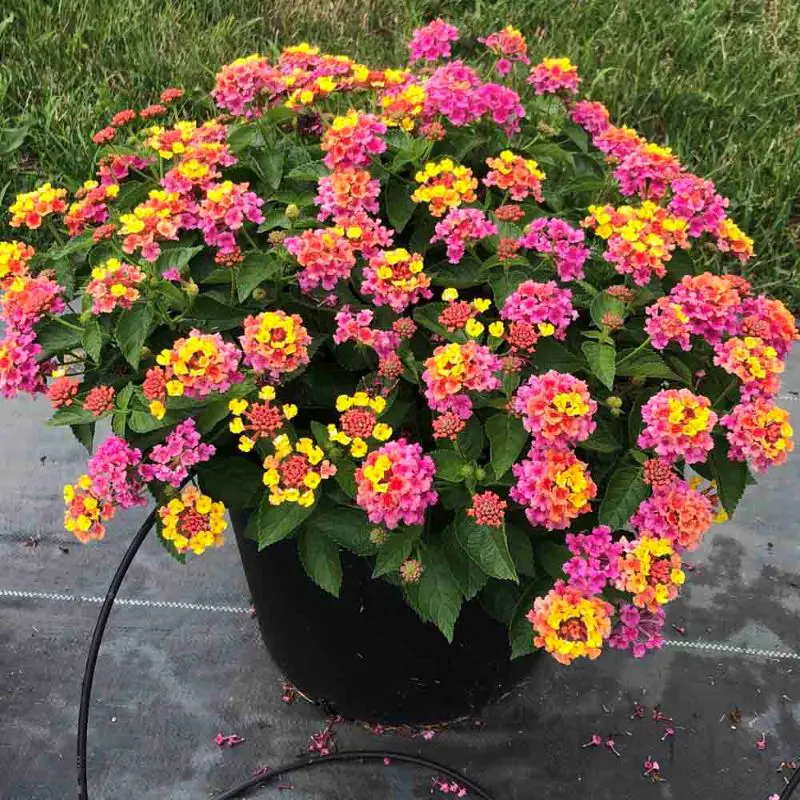
Lantana is a favorite among gardeners for its colorful clusters of flowers. These blooms come in shades like pink, yellow, orange, and purple, adding a cheerful touch to gardens. Butterflies and hummingbirds love them, making your garden a lively spot. Plus, they naturally repel mosquitoes with their citrusy scent, keeping troublesome bugs away.
However, be cautious not to rub crushed leaves on your skin as the oil may cause irritation. Plant lantana in sunny spots with well-drained soil, such as flower beds or containers, to enjoy its beauty and bug-repelling benefits throughout the growing season.
- Scientific Name: Lantana camara
- Plant Type: Perennial shrub
- Zones: 8-11
- Bloom Time: Late spring
Nasturtiums
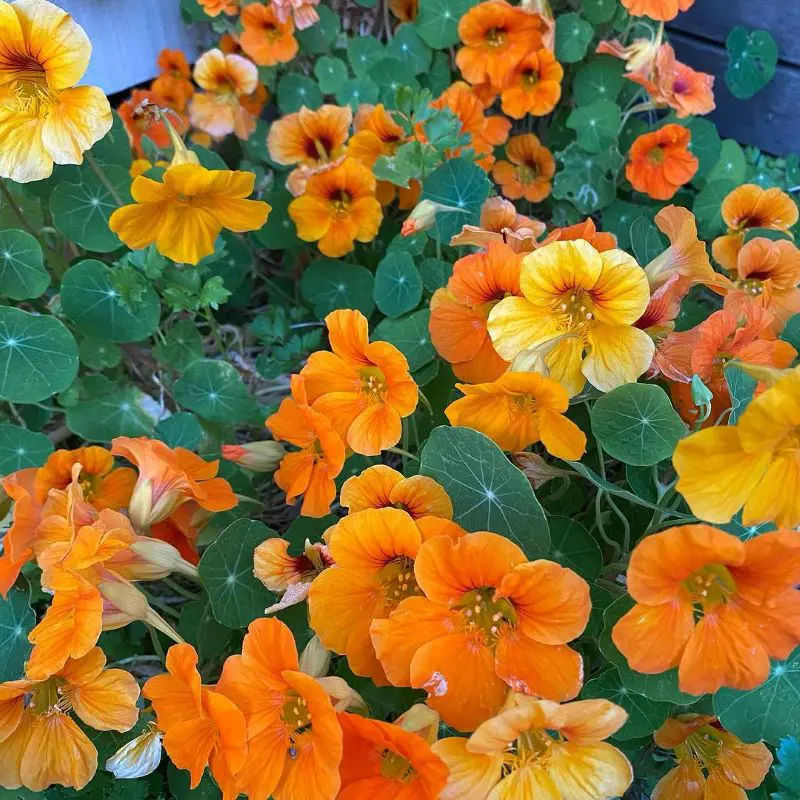
Nasturtiums bring a delightful burst of color to any garden. These plants offer a natural defense against a variety of pests including whiteflies, squash bugs, aphids, and many beetles, as well as mosquitoes. These vibrant flowers radiate a chemical that acts as a deterrent to these unwanted insects.
Additionally, nasturtiums have a tendency to self-seed easily. This means they can effortlessly spread throughout your garden, providing continuous bursts of color and ongoing pest control without much effort on your part.
- Scientific Name: Tropaeolum majus
- Plant Type: Perennial herb
- Zones: 2-11
- Bloom Time: Early summer to fall
Recent posts
Gardening
Gardening
Root Rot: How to Prevent, Identify And Fix It?
Root rot poses a significant threat to the health and vitality of plants. This insidious disease, caused by various fungal pathogens, compromises the integrity of plant roots. While no plant is immune to root rot, certain species are particularly sus...
Gardening
How To Prune Roses With These 10 Steps
Pruning roses might seem scary, but it's crucial for a healthy plant. Cutting back old growth encourages new, vibrant growth, removes dead parts, and shapes the plant. This practice also reduces the risk of fungal diseases by allowing better airflow....
